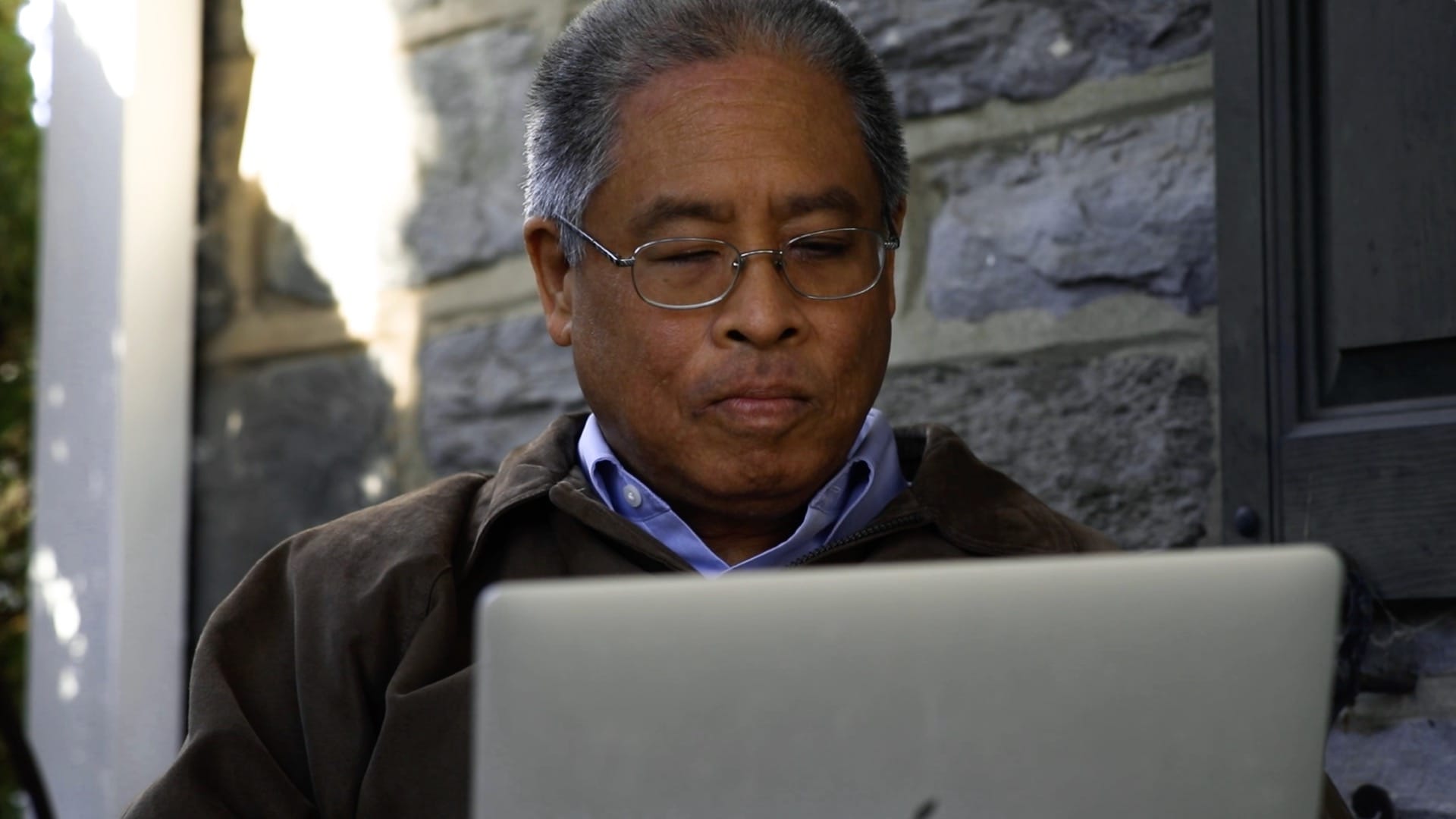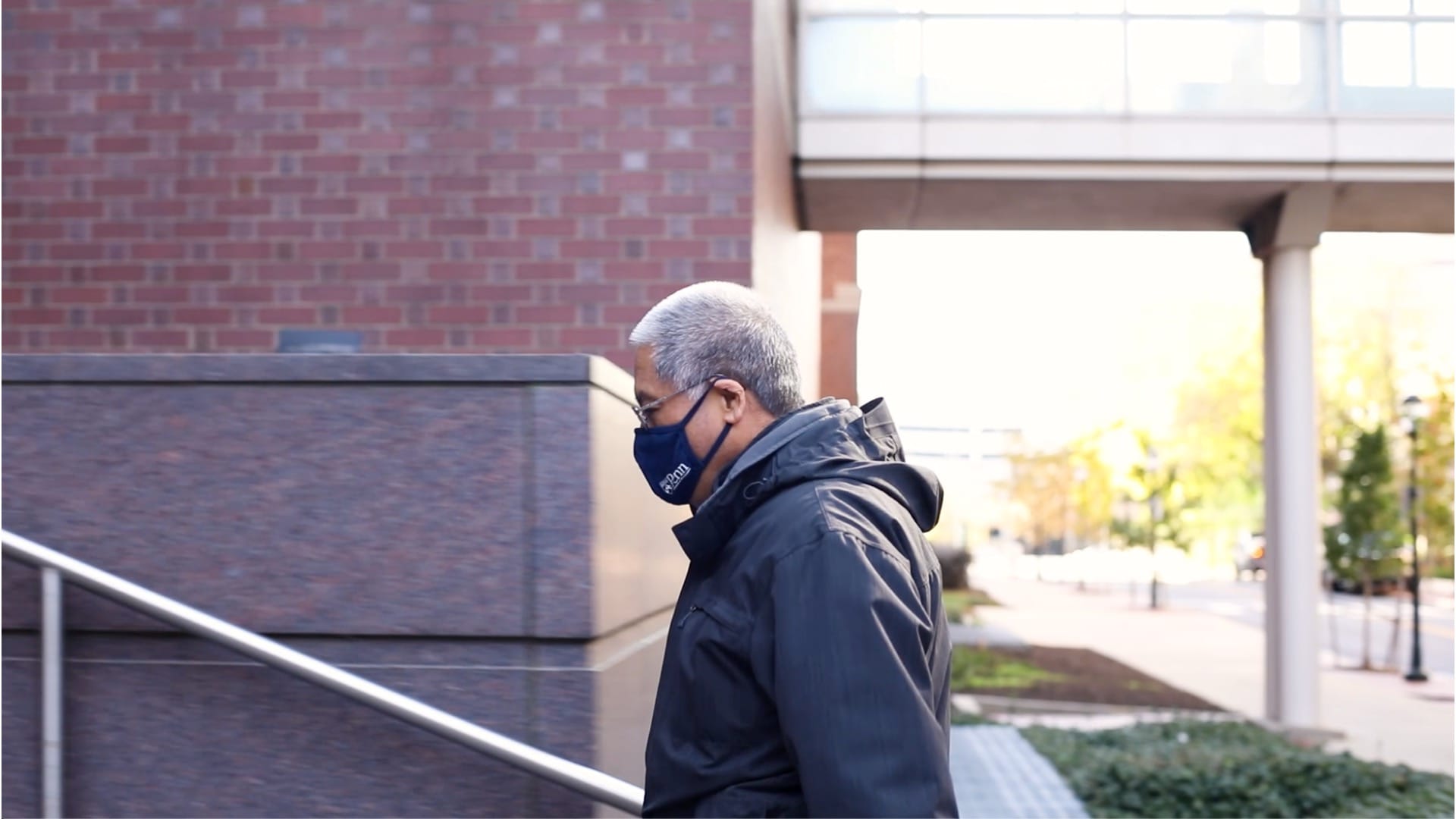Ferdinand G. Weisbrod Professor in Gastroenterology; Director, Penn Center for Nutritional Science and Medicine; Perelman School of Medicine, University of Pennsylvania, Philadelphia, PA
Dr. Gary Wu has always been interested in science, seeing it as the ultimate creative pursuit – looking past what we know today to envision new ways to help people.
“I’ve always admired artists, like musicians and writers, because they create things that have never existed before,” he said. “And that’s essentially what scientists do too. We think about things that nobody has thought about, which is why it’s so fascinating. The only boundaries are your own creativity.”
Dr. Wu is a molecular biologist, known for his uncanny ability to conceptualize creative research to address complex problems, discovering new pathways to treat IBD. He’s particularly skilled in bringing together multi-disciplinary teams of basic scientists, clinical researchers, and clinicians to tackle patients’ problems from diverse perspectives.

Perhaps the most well-known example of his collaborative genius is his early work on the gut microbiome, bringing together wet bench scientists and clinicians to be among the first to describe the relationship between diet and the gut microbiome in people with IBD – showing how each impacts the other. This seminal research has made possible multiple avenues of scientific study into food as medicine for people with Crohn’s disease and ulcerative colitis.
And it all began in a parking garage.
“One day after work I was walking to the parking garage with a co-worker, telling him about a roadblock in my research,” Dr. Wu remembers. That conversation led to a collaboration with a scientist involved in DNA sequencing of the gut microbiome.
“When the National Institutes of Health announced the human microbiome initiative, we leapt at the opportunity to submit a grant for a study on elemental diets in IBD, pulling in our clinician colleagues to help,” said Dr. Wu.
“At the time, we were out in left field. No one was looking at diet. And I think that’s why we got the grant. Fast forward to today and that research has opened the door to exploring many different types of diets as potential treatments for IBD.”
Now focused on translating this research into solutions for patients, Dr. Wu founded the Penn Center for Nutritional Science and Medicine, building a team to study how food and nutrition can cause, prevent, or treat diseases, particularly IBD. His team is currently exploring the impact of ultra-processed foods on IBD, which have been implicated in the rising rates of disease around the world. Dr. Wu aims to better understand the relationships between food and the microbiome to identify therapeutic diets.
“I’m always thinking about the practical outcomes of my research – how will it help patients? If we can uncover what type of diet can help treat or prevent IBD, I think that will make an important impact for patients.”
“If I can make some small contribution in that way, maybe just by assembling teams that work together, then I will have accomplished my goal,” said Dr. Wu.
Dr. Wu and his team are also exploring ways to carefully alter the composition of the microbiome to introduce more beneficial organisms as another way to treat IBD. One of their areas of research is exploring how to reduce bacterial load in the gut to make room for other organisms to thrive. After showing the potential of this approach, Dr. Wu recently initiated the first clinical trial with a microbial-based therapy in IBD.

As he works to accelerate research to deliver new treatment approaches, an integral part of Dr. Wu’s work is developing the next generation of physician-scientists. “That’s how we make sure the research is sustainable,” he said. “Teaching emerging scientists and clinicians how to work together to pursue their own out-of-the-box strategies is how we’ll continue to make breakthroughs on the journey towards cures for IBD.”